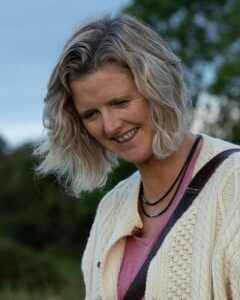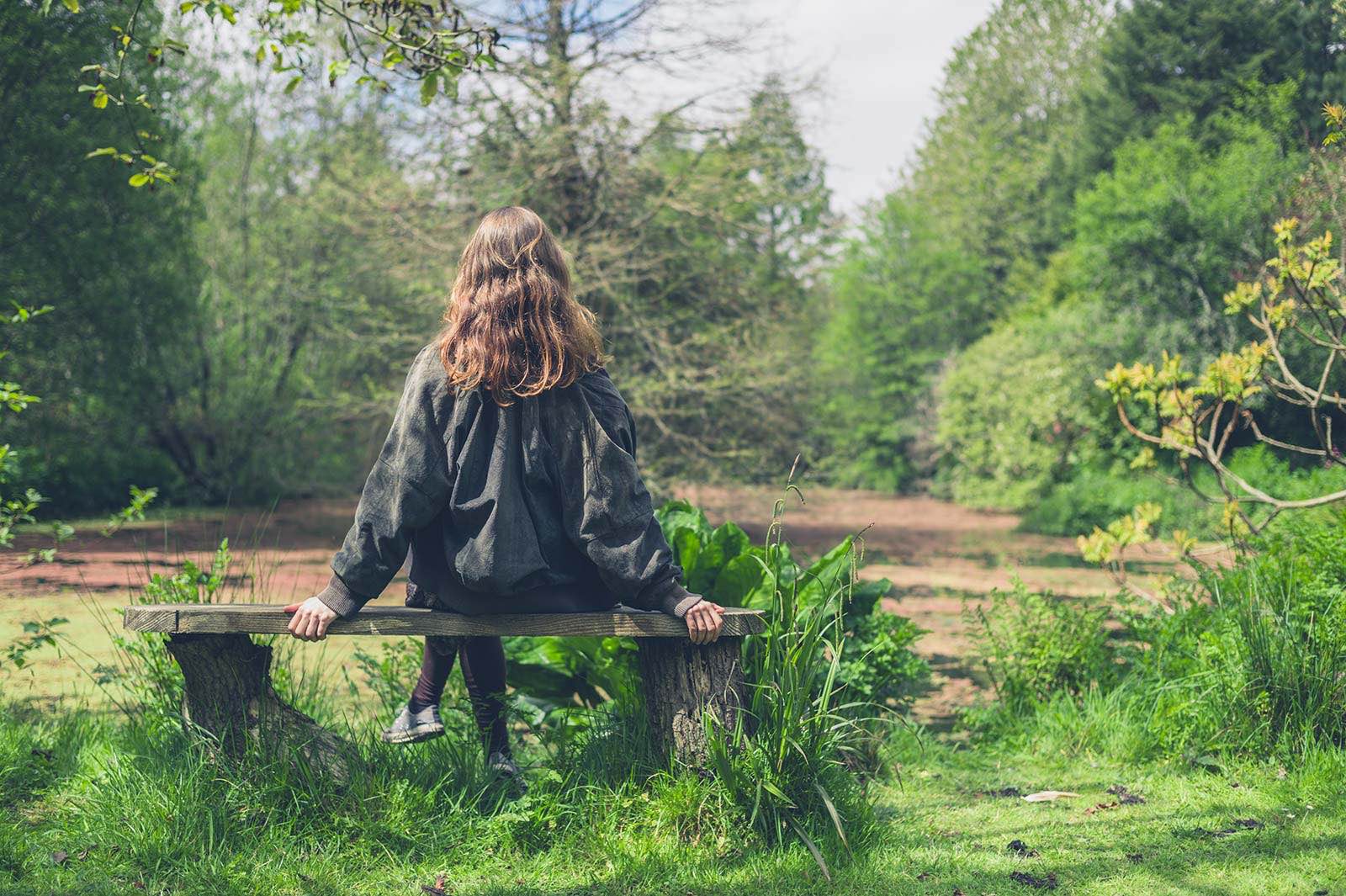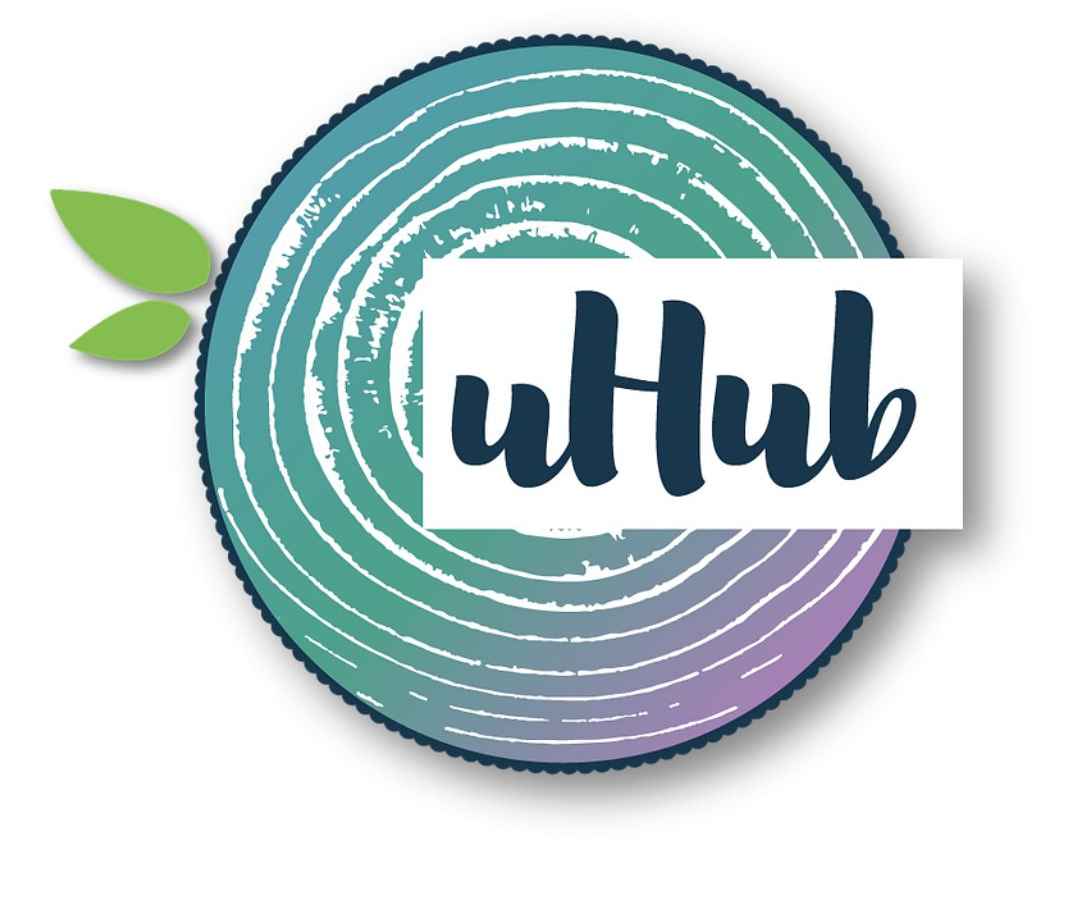Reviewed By Cara Swanston - Registered Member MBACP Adv. Dip.
I Find It Really Hard to Be Present or Mindful, Any Advice for Beginners?
11 November 2022
uHub Therapy Centre - BangorMindfulness is the foundation of self-compassion.

Emma Doran
Counsellor, MBACP
Emma Doran, Counsellor at uHub Therapy Centre, Bangor answers an Ask a Therapist Question from an anonymous member of the public.
“My life is super chaotic, I feel like I am busy all the time (even when I’m not actually busy), from the moment I wake up, until my head hits the pillow at night and even then my mind races. I feel on the brink of burnout and I know I need to do something to help myself and my relationships. I can’t seem to be “present” or “in the moment”.
Everyone keeps suggesting mindfulness, yoga or meditation. I really struggle with mindfulness and my first mediation class was far too intense for me, which totally put me off. Where’s the best place to start for a total beginner?”
Anonymous NI
Mindfulness is the foundation of self-compassion
It is developing the skill of present moment awareness and living in a more deliberate, intentional and peaceful way.
While it can be easy to be mindful for a moment or two, it can be more of a challenge to maintain that state of mind. Our brains are generally designed to look for distractions, or engage in a task.
When we find it difficult to be in the present moment, that usually means our mind is projecting us either into the past, or the future and it’s creating some level of anxiety for us.
How often have you found yourself operating in ‘default mode,’ where you sit down to a plate of food and before you know it, the food is finished? Where was your mind while your body was eating?
Training our brain to become more engaged in each moment, slows everything down, creates mental space and gives us the freedom to observe what we are feeling, why we are feeling it and presents us with choice – how would we like to respond, as opposed to just reacting all the time. When we simply react from situation to situation, without slowing down and engaging in thought, we tend to feel less in control and more anxious.
How to bring mindful moments into your daily life
- Pick a usual everyday activity for you, before your attention is pulled in other directions. It might be drinking a coffee or taking a shower or any other daily ritual.
- Choose one sensory experience to explore in that activity – the taste of your morning coffee, or the sensation of the water touching your body in the shower.
- Immerse yourself in the experience for its entirety, returning your mind to the sensations each time you notice it has wandered away.
- Try saying the words ‘just’ on each inhale you take and ‘this’ on each outbreath to yourself, to re-engage in the moment .
- Try this every day for one week and observe the benefits.
Life can get busy, but we should all be able to gift ourselves at least five minutes each day to check in with ourselves and step into our day with intention.
If you’d like to ask a question please reach out! You can send an email to connect@findhelpni.com or via social media message!
Featured Organisation
Local
uHub is a counselling service with a multi-disciplinary approach to emotional health and well-being. We provide a safe and confidential environment where feelings can be explored. We work from an integrated approach, psychodynamic/person centred which we tailor to meet the needs of each individual so they can get the best possible service and experience from their counselling.
Get Inspired Further
ocd how do i get this under control
In this blog, Cara Swanston answers an anonymous question on living with OCD.
feed a family of 5 for a week for under 25
I’ve come up with a simple low cost meal plan for a family of 5. We based it on a food shop at ASDA using mostly ESSENTIALS RANGE of food items.
ask a therapist cbt and ptsd
CBT can be accessed by someone with CPTSD, but this will often depend on where you have tried to access CBT and also on your individual situation.




